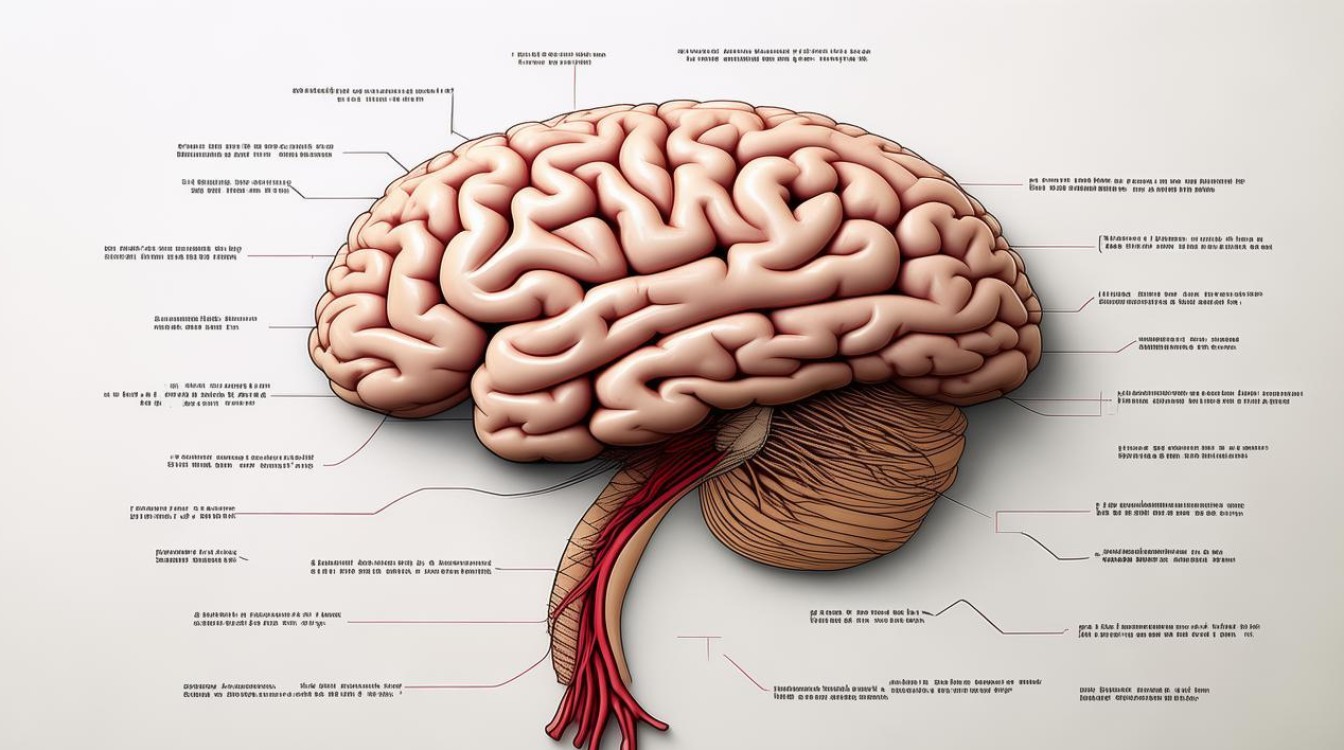The human brain is one of the most complex and fascinating organs in the body. It controls thoughts, emotions, memory, and nearly every function that keeps us alive. But when it comes to writing the English word for "脑" (nǎo), many learners might wonder: What is the correct spelling and usage?

The Correct English Word for "脑"
The direct translation of "脑" in English is "brain." It is a noun referring to the organ inside the skull responsible for cognition, movement, and sensory processing.
Example Sentences:
- The brain processes information at incredible speeds.
- She suffered a brain injury in the accident.
Common Mistakes and Confusions
Some learners might confuse "brain" with similar-sounding words like:
- "Brane" (a term from physics, unrelated to anatomy)
- "Bran" (a type of cereal grain)
Ensuring the correct spelling avoids misunderstandings, especially in medical or academic writing.
Related Vocabulary and Phrases
To expand your knowledge, here are some useful terms related to the brain:

- Cerebrum – The largest part of the brain, responsible for voluntary actions.
- Cerebellum – Controls balance and coordination.
- Brainstem – Regulates vital functions like breathing and heartbeat.
- Neuron – A nerve cell that transmits signals in the brain.
- Cognitive – Relating to thinking, learning, and memory.
Example Usage:
- The cerebrum is involved in decision-making.
- Neurons communicate through electrical impulses.
Idioms and Expressions with "Brain"
English has many idioms involving the brain, reflecting its importance in language and culture:
- "Pick someone’s brain" – To ask for advice or information.
- "Brain drain" – The emigration of skilled professionals from a country.
- "Rack your brain" – To think very hard about something.
Example:
- I need to pick your brain about this project.
Scientific and Medical Contexts
In scientific writing, "brain" is often used in compound terms:
- Brainwave (electrical activity in the brain)
- Brainstorm (generating ideas creatively)
- Brain surgery (a medical operation on the brain)
Precision matters, so always double-check spelling in technical documents.

Etymology and Word Origins
The word "brain" comes from Old English "brægen," which has Germanic roots. Over centuries, its spelling and pronunciation evolved into the modern form.
Common Questions About "Brain"
-
Is "brain" countable or uncountable?
- Usually uncountable when referring to the organ (She has a healthy brain).
- Countable in phrases like "He’s the brains behind the operation."
-
What’s the difference between "brain" and "mind"?
- Brain refers to the physical organ.
- Mind refers to consciousness, thoughts, and perception.
-
Are there slang terms for "brain"?
- Yes, informal words include "noodle," "gray matter," or "think tank."
Practical Tips for Remembering the Spelling
To ensure you always spell "brain" correctly:

- Break it down: B-R-A-I-N
- Associate it with phrases like "Use your brain!"
- Practice writing it in sentences.
Final Thoughts
Mastering the correct spelling and usage of "brain" enhances clarity in communication, whether in daily conversation, academic writing, or professional settings. Understanding related terms and idioms also enriches vocabulary, making English more expressive and precise.
The brain is not just an organ—it’s the center of human intelligence, creativity, and language itself. Getting its name right is the first step in appreciating its incredible role in our lives.

